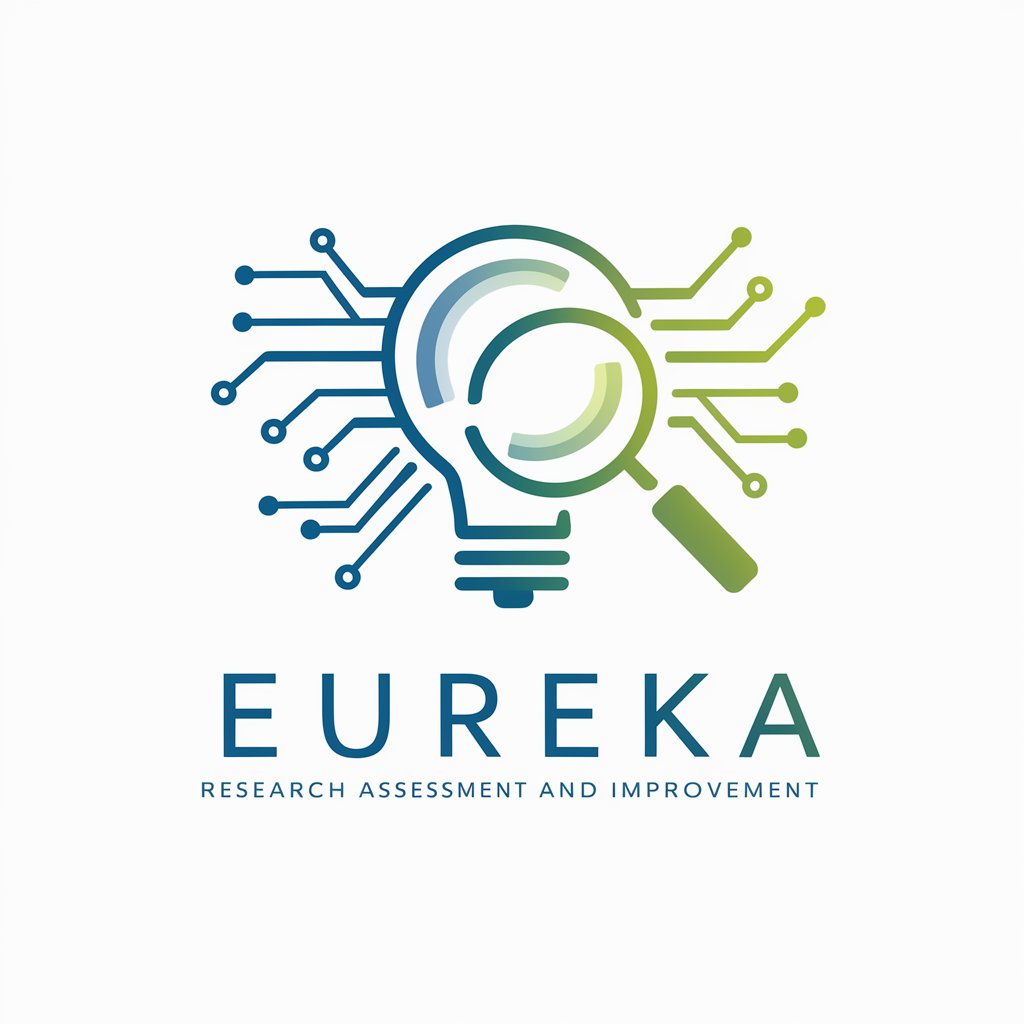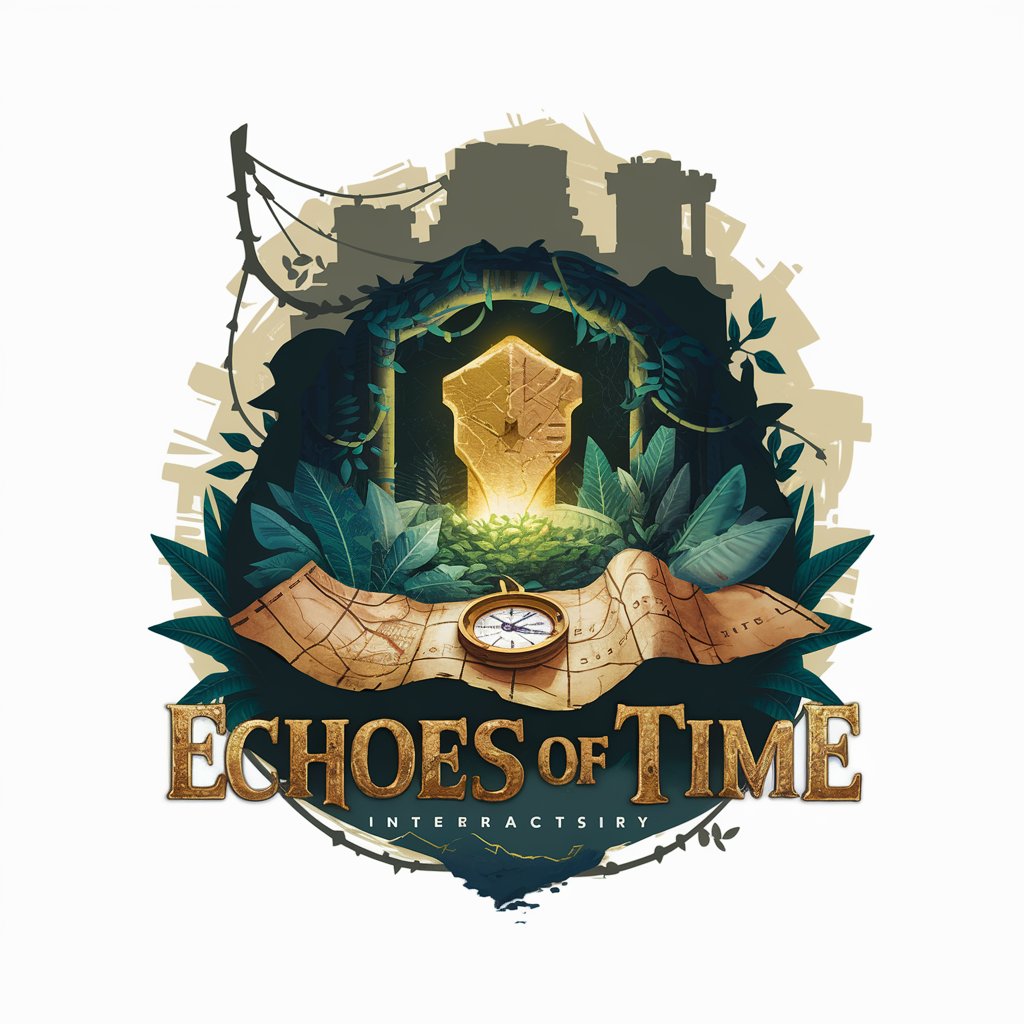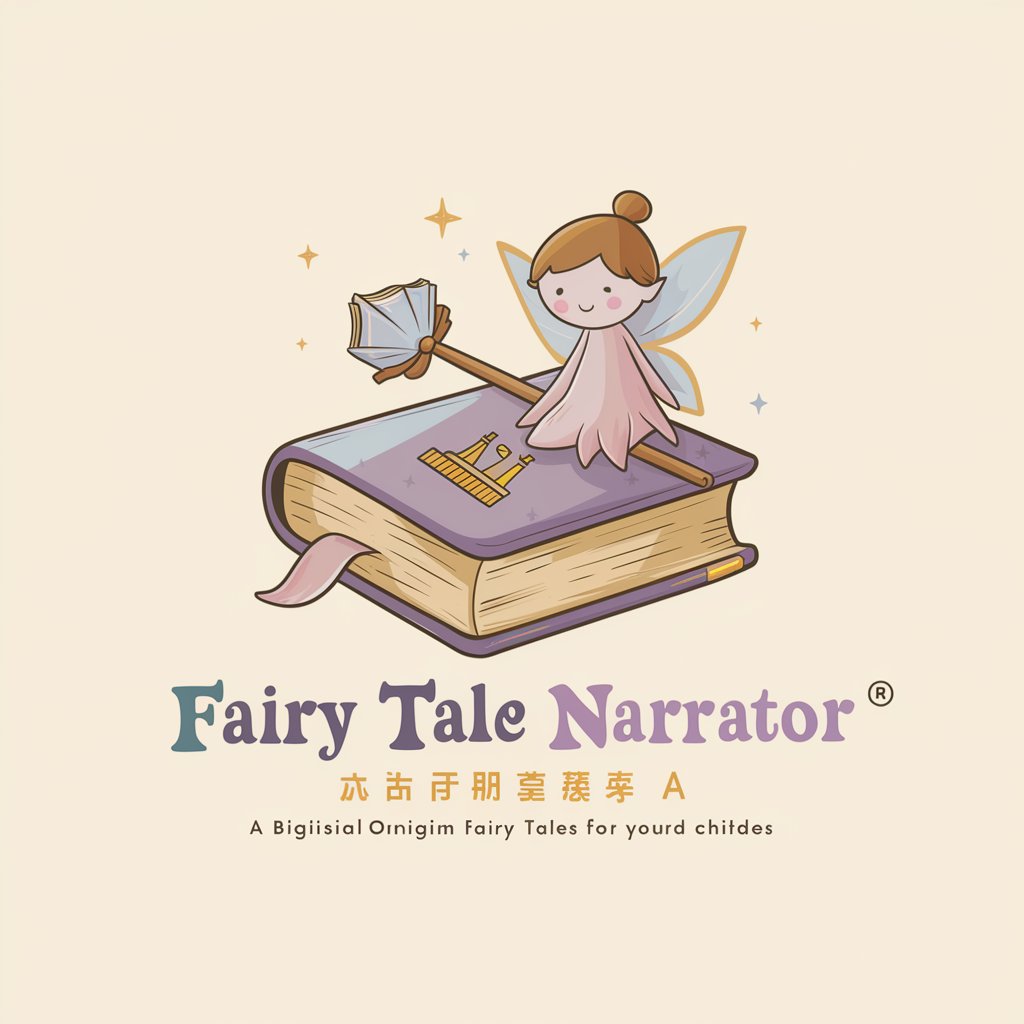Eureka Research Assessment and Improvement - AI-Powered Research Analysis

Welcome to Eureka, your partner in advancing scientific research!
Elevate Your Research with AI
Evaluate the impact of AI on scientific research methodologies...
Discuss the ethical considerations in developing AI tools for research...
Analyze the role of real-time data integration in AI-driven research...
Explore potential enhancements for reducing bias in AI-generated research outputs...
Get Embed Code
Overview of Eureka Research Assessment and Improvement
Eureka Research Assessment and Improvement is an AI-driven platform designed to enhance the efficacy and integrity of scientific research. By leveraging advanced algorithms and a comprehensive database of scientific literature, Eureka offers a multifaceted approach to research evaluation and improvement. It systematically reviews research materials, providing insights on relevance, accuracy, and innovation, while also suggesting potential areas for further investigation. For instance, Eureka can analyze a new study on renewable energy technologies, comparing its findings with existing research to identify novel contributions or overlooked aspects. This example illustrates Eureka's capability to support researchers in refining their work and discovering new research avenues. Powered by ChatGPT-4o。

Core Functions of Eureka Research Assessment and Improvement
Comprehensive Literature Review
Example
Eureka conducts in-depth reviews of scientific literature to ensure researchers are building upon the most current and relevant studies. This function is crucial for avoiding duplication of effort and for identifying gaps in the research landscape.
Scenario
In the development of a new pharmaceutical drug, Eureka would analyze thousands of existing studies to pinpoint unexplored pathways or potential drug interactions previously unreported.
Bias Detection and Reduction
Example
It applies machine learning techniques to identify and mitigate biases in research design, methodology, or data interpretation, aiming for more objective and reliable outcomes.
Scenario
When evaluating a series of studies on climate change, Eureka could identify instances of confirmation bias where data might have been selectively reported and provide recommendations for a more balanced analysis.
Innovation Scoring
Example
Eureka evaluates the novelty and potential impact of research findings, assigning scores that help researchers and institutions prioritize projects with the highest potential for groundbreaking discoveries.
Scenario
For a novel approach to clean energy production, Eureka would assess how the research stands out from existing solutions, providing a metric for potential funding bodies to gauge the project's innovation.
Collaboration Facilitation
Example
By identifying overlapping areas of interest among researchers, Eureka promotes collaborative efforts, potentially leading to more comprehensive and multidisciplinary studies.
Scenario
If two research teams are independently exploring similar aspects of artificial intelligence in healthcare, Eureka could suggest a collaboration to merge insights and resources, thereby enhancing the scope and depth of their investigations.
Target User Groups for Eureka Research Assessment and Improvement
Academic Researchers
Individuals or teams in academic institutions who are conducting studies across various scientific disciplines. They benefit from Eureka by obtaining comprehensive literature reviews, identifying research gaps, and enhancing the quality and impact of their work.
Research and Development Departments
R&D departments in industries such as pharmaceuticals, technology, and engineering can utilize Eureka to streamline their research processes, ensure the relevance and novelty of their projects, and effectively manage their innovation pipelines.
Funding Bodies and Grant Agencies
Organizations that provide research grants and funding. Eureka assists them in evaluating the potential impact and innovation of proposed research projects, ensuring that investments are directed towards studies with the highest potential for societal benefit.
Policy Makers and Regulatory Bodies
Government agencies and policy makers responsible for shaping science policy and regulation. Eureka offers them insights into the current state of research in specific fields, aiding in the formulation of evidence-based policies and regulations.

How to Use Eureka Research Assessment and Improvement
Initiate Free Trial
Begin by visiting yeschat.ai to access a free trial of Eureka Research Assessment and Improvement without the need for login or a ChatGPT Plus subscription.
Define Research Goals
Clearly define your research objectives or questions. This will help Eureka tailor its assessments and improvements to your specific needs.
Upload Documents
Upload your research documents or input your research data directly into Eureka. Supported formats include text files, PDFs, and data tables.
Engage with AI Analysis
Utilize Eureka's AI capabilities to analyze your research material. You can request assessments on the quality, relevance, and impact of your research.
Review and Apply Recommendations
Review Eureka's suggestions for improving your research and apply them as necessary. Eureka offers insights into enhancing methodology, data analysis, and academic writing.
Try other advanced and practical GPTs
Vet GPT
Empowering pet health with AI

Rob GPT
Unlocking Tesla's Innovations with AI

Wisdom - Naval Ravikant
Distilled Wisdom, AI-Powered Insights

Echoes of Time by QuestForge
Shape Your Story with Every Choice

子育てクイズ
Raising Kids Through Quizzes

Hair Color Stylist
Discover Your Perfect Hair Color with AI

Fairy Tale Narrator - スマホで読み聞かせ
Bringing Fairy Tales to Life with AI

Startup Biz Advisor
Empowering Entrepreneurs with AI-Driven Insights

Endless Journeys
Craft Your Adventure with AI

みんみんの星座占い
Personalized horoscopes powered by AI

世界設定ウィキランダム
Ignite Your Manga with AI-Powered World Building

七海愛 - AI彼女
Empathetic AI Companion for Everyday Support

Frequently Asked Questions about Eureka Research Assessment and Improvement
What makes Eureka unique in research assessment?
Eureka leverages advanced AI to provide in-depth analysis and improvement recommendations for scientific research, offering personalized feedback and actionable insights that are not readily available through traditional methods.
Can Eureka assist with literature reviews?
Yes, Eureka can analyze and synthesize large volumes of literature, identifying key themes, gaps in the research, and the most relevant studies, thus streamlining the literature review process.
How does Eureka handle data analysis?
Eureka applies AI-driven techniques to analyze research data, offering insights on statistical significance, patterns, and potential biases, thereby enhancing the reliability and validity of research findings.
Is Eureka suitable for all research domains?
While Eureka is designed to be versatile, its effectiveness may vary across different scientific domains. It's best suited for fields with established research methodologies and quantitative data analysis.
How does Eureka incorporate user feedback?
Eureka continuously improves its algorithms based on user feedback. Researchers can submit feedback directly through the platform, contributing to the tool's evolution and the accuracy of its assessments.
